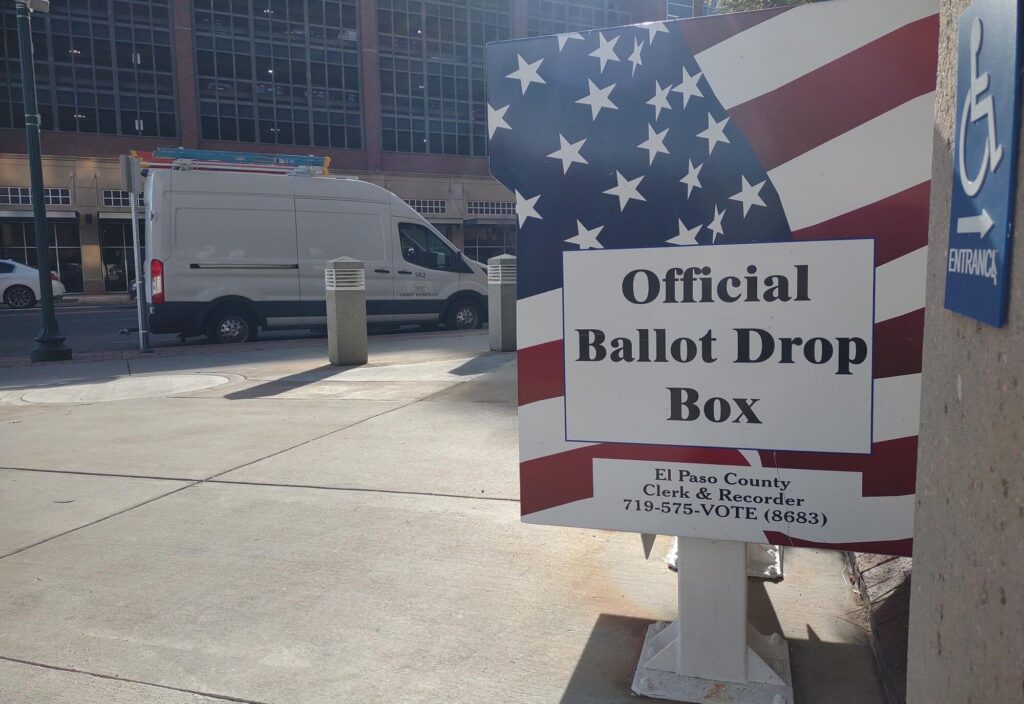2022 SESSION: Republicans lose out on legislation but force concessions

As Republicans hold only 39 seats of Colorado’s 100-member legislature, the minority party ran into issues for their priority legislation but partly succeeded in diminishing several Democratic initiatives.
Only five of the Colorado Republican Party’s 44-bill package received approval from the state Senate and House. Of the remaining 39 bills, the legislature rejected 34, two were never introduced and three were automatically killed when they weren’t voted on before the session ended on May 11.
Senate Minority Leader Chris Holbert of Douglas County said he is “disheartened” that so many of his party’s bills failed, saying the Democratic majority failed to see the importance of the measures.
“They were pragmatic, constructive pieces of legislation that would have provided workable solutions to the problems facing the people of our state,” Holbert said. “While it’s disappointing to see those bills die, I’m very proud of my Republican colleagues for fighting to push as many bills through as they did. As a member of the minority party, one’s bills are often at the mercy of the majority.”
The successful bills are Senate Bill 145, which funds $30.5 million in law enforcement grants; Senate Bill 118, which encourages the use of geothermal energy; House Bill 1108, which includes vendor names in the online transparency system; House Bill 1057, which waives limits for retired teachers working as substitutes; and, Senate Bill 116, which allows professionals licensed in other states to work in Colorado.
Some of the party’s biggest losses include House Bill 1062, which sought to exempt prepared food from sales tax; Senate Bill 67, which would have spent $50 million on training law enforcement; House Bill 1059, which would have required two-thirds approval for the creation or increase of fees; and Senate Bill 39, which would have spent $723 million to repeal the budget stabilization factor for school districts.
Though the Republican agenda made little progress, the party managed to block – some partially, others fully – or modify several Democratic priorities. Deploying hours-long filibusters and hundreds of proposed amendments, the minority forced the majority into compromises on some of the year’s biggest bills.
“It appears sometimes like anything might go, anything might be fair game under this regime,” said Sen. Jim Smallwood, R-Parker. “However, through some tenacious negotiations and some thoughtful cooperation, Senate Republicans were able to bring some of these destructive bills to a halt and have them die, or work to amend or fix some of the other ones.”
Party leaders listed some of their greatest accomplishments of the session as modifying Senate Bill 153, which seeks to increase internal election security measures; Senate Bill 230, which makes collective bargaining contracts optional for county employees; and, House Bill 1244, which regulates toxic air contaminants.













